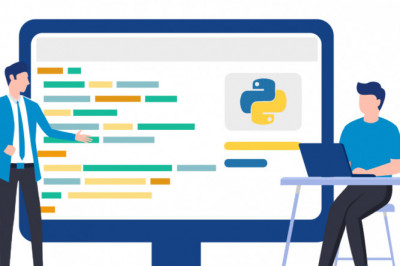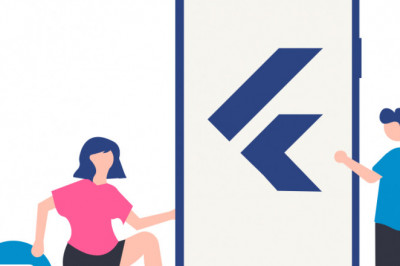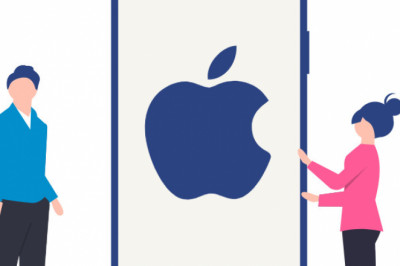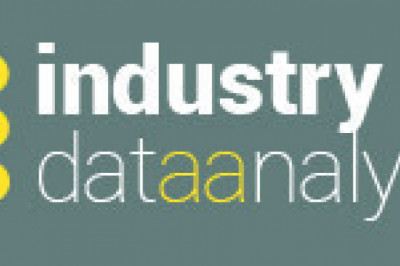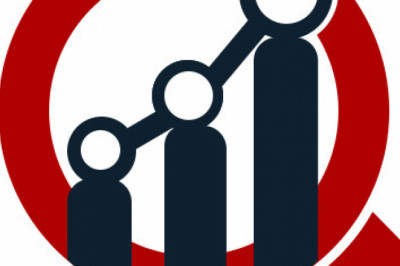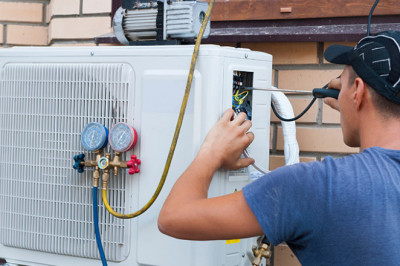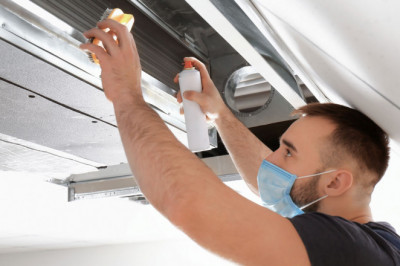views
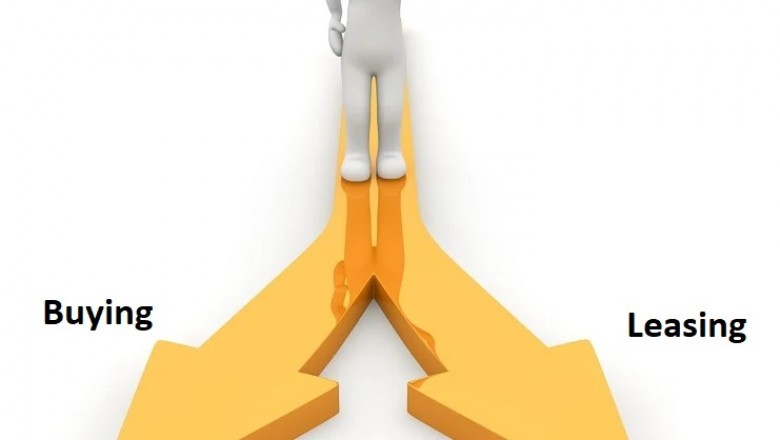
As every business is different so their equipment needs. You need to consider many factors to decide which is best for your particular small business. So, if you’re also in a dilemma whether I should go for buying or leasing equipment, here are the pros and cons of both options.

Buying
Pros:
- Buying business equipment is easier than leasing – you decide what you need and then find a lender who is willing to fund your equipment and buy it. You don’t have to deal with agreements and contracts with purchasing. However, leasing equipment involves at least some paperwork and leasing companies often ask for updated financial information, reasons to lease the equipment, and how and where the equipment will be used.
- You own the equipment and use it for a longer period of time. This especially makes sense if you have an established business and purchased equipment has a long useable life and is not likely to become technologically outdated in the near future. Moreover, the maintenance of purchased equipment is relatively cheaper than leased equipment as it is in your hands and you don’t have to maintain your equipment as per the leasing company’s specifications.
- You have a valuable asset to sell or use as collateral to secure short-term financing for your small business in the future. For example, if you have got an older refrigerator in your restaurant, you could sell it, lease a newer one and get some cash out of it.
- Your equipment is tax-deductible under section 179 of the IRS Tax Code. This section lets you deduct the full cost for purchasing certain equipment but has limits. If your equipment doesn’t qualify under Section 179, you may get the depreciation deduction for your purchased equipment.
Cons:
- Initial cash outlay is too high with purchasing equipment. Even if you plan to secure an equipment loan and repay the amount in monthly installments, you may have to provide a down payment of around 10%-20%.
- Getting stuck with outdated equipment since there will be a risk that the equipment may become technologically obsolete, and you may have to replace old equipment with a new one in the future.
Leasing
Pros
- Keep your business equipment up-to-date because leasing gives you the flexibility to lease whatever equipment is cheaper, faster, and newer. Whether it’s big or small, every business needs highly advanced and updated equipment to remain competitive, leasing allows you to regularly assess your technology needs and make adjustments as per your business needs.
- Less expense upfront with leasing because you have predicable payments. Since most leasing companies don’t require a down payment, many small businesses that don’t have strong cash flow can even acquire equipment without tapping much-needed funds.
- Leasing is 100% tax-deductible, reducing the net cost of your lease.
- You don’t have to pay for maintenance. With a lease, you pass the maintenance and repair burden of your equipment to the equipment leasing company. The leasing company is in charge of fixing any damage.
Cons:
- You usually pay higher costs in the long run. For example, a $5,000 machine would cost a total of $6,480 if leased for 3 years at $180 per month but only $5,000 if purchased outright.
- Gives you absolutely no equity since you don’t have ownership of the equipment. You won’t have the option to use it as collateral to get funds or sell it once you’re finished with it.
- There may be strict contracts and agreements for qualifying and using the leased equipment. Besides, the available length of lease terms may be longer than you need which makes it difficult for you to lease equipment that you need for a shorter period of time.
- Have limited options for choosing your required equipment. You may not get the products of your choice of brands and models, or the required equipment may be out of stock or not carried at all.
Which Option Is Best For You?
We hope these pros and cons of buying and leasing equipment will help you determine the right option for your small business. In a nutshell, equipment leasing might be a good option for businesses that have limited capital or that need equipment that must be upgraded every few years, while equipment buying could be a perfect solution for established businesses that have healthy cashflow and need equipment that stands the test of time. It all depends on your business’ unique requirements.
Besides, you may need financing to lease or buy business equipment. The best way to get working capital to buy or lease equipment is to apply through an online funding marketplace. You can find and compare a variety of equipment leasing and financing offers from multiple lenders and choose one that best fits your current financial needs and budget.





